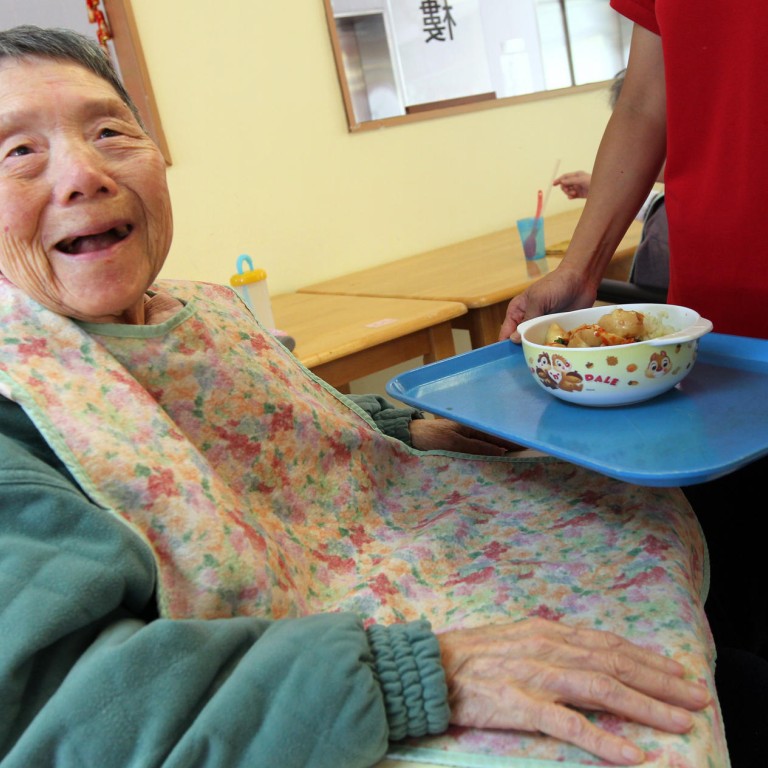
'Elderly forced into care homes'
Government's own adviser says policy must change to give ageing population more choice
The government is forcing elderly people into care homes, a leading member of its own Elderly Commission claims.
Dr Lam Ching-choi, vice-chairman of the government advisory body and head of Haven of Hope Christian Service, said: "Government policies prioritise efficiency over quality of care, forcing the elderly into senior centres or into hospitals against their wishes."
He added: "The majority of the elderly don't want to live in senior centres, but Hong Kong has one of the highest percentages of people living in senior centres in the world. Since land is so scarce, it would actually make more sense for the government to improve personal care services so that the elderly can stay in their own homes."
Lam urged the government to adopt policies that will give elderly people a greater choice in care options. Such choices will affect the third of Hongkongers who are expected to be over 65 by 2041, according to research by the University of Hong Kong.
"If people want to die at home, it's so difficult to arrange the paperwork that people are forced to spend their last days in pain and discomfort in hospital wards," said Lam.
Haven of Hope matches elderly people with personal care workers and runs a grocery delivery service. Siu Bing, an elderly woman who lives on a Tseung Kwan O public housing estate near the Haven of Hope Hospital, said: "I have aching hands and can't walk well. With the delivery service, I only need to shop at the wet market once a week."
Bella Luk Po-chu, executive director of the Helping Hand charity for the elderly, agreed residential care should be a "last resort" but demand meant more homes were needed. She also called for support for seniors who want to relocate to more spacious homes on the mainland.
"The living environment in Hong Kong is very cramped and most middle-aged children need to work and aren't able to provide extensive care for elderly parents.
"There is still a need for residential care for those who need a lot of help, so the government should not assume that the elderly can be taken care of by the community," she said.
A government spokeswoman responded yesterday that it was policy to promote "ageing in place as the core; institutional care as back-up".
She added there were 2,559 day care places to help elderly people stay at home, and 75,000 care home places. The waiting time for subsidised residential places is currently 37 months.

